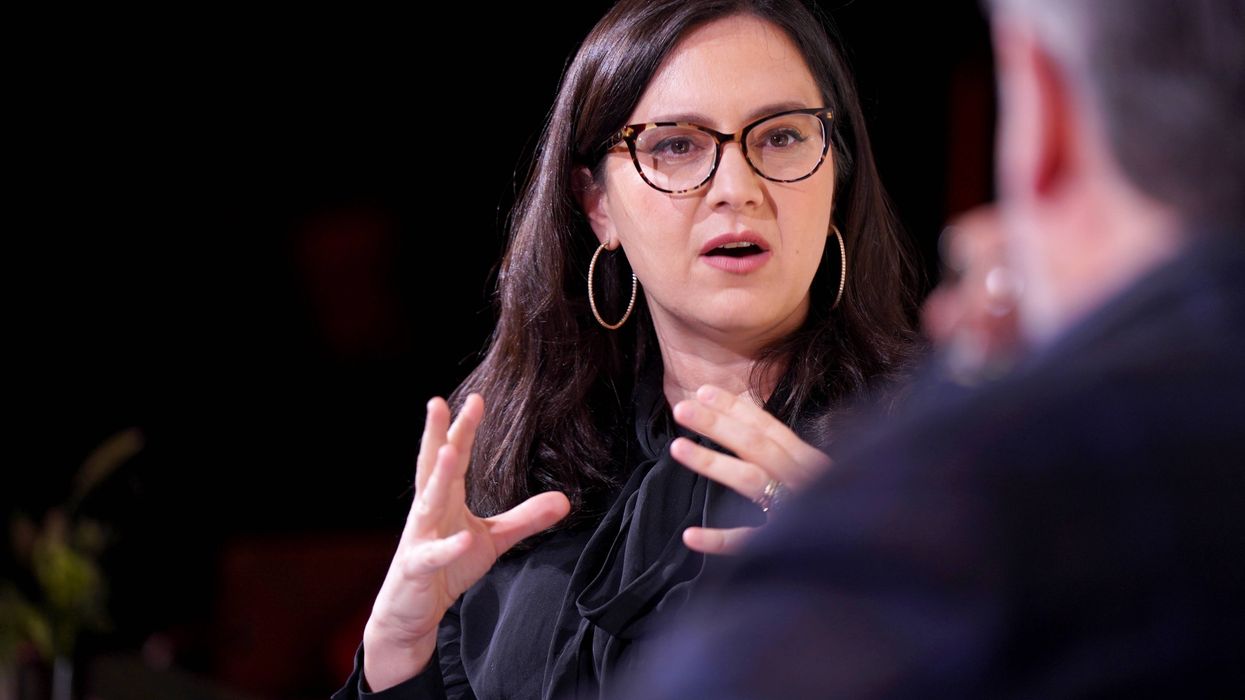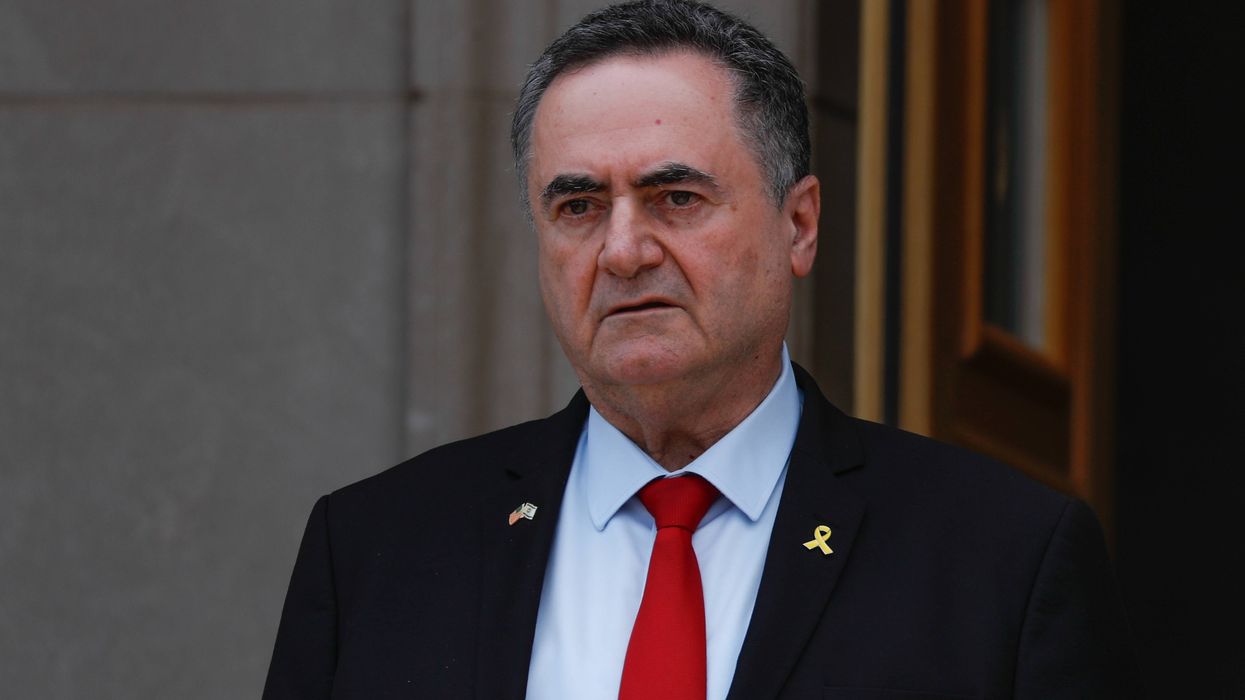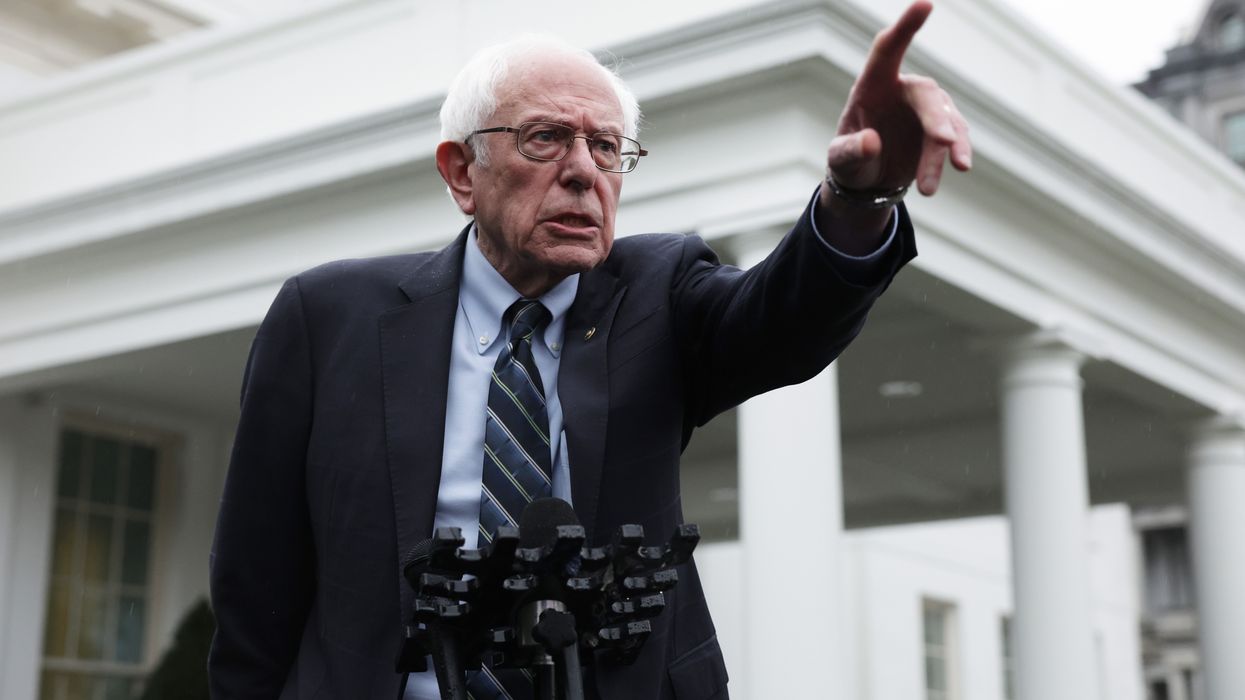March, 21 2016, 03:15pm EDT

For Immediate Release
Contact:
Angela Bradbery, Director of Communications
w. (202) 588-7741
c. (202) 503-6768
abradbery@citizen.org
Eighteen Years Too Late: FDA Finally Heeds Public Citizen's Call, Moves to Ban Powdered Latex Surgical Gloves--and all Powdered Medical Gloves
Statement of Dr. Sidney Wolfe, Founder and Senior Adviser, Public Citizen’s Health Research Group
Note: Public Citizen petitioned the U.S. Food and Drug Administration (FDA) in 1998 to ban powdered surgical latex gloves. The agency denied the petition, but Public Citizen petitioned again in 2011, calling for all powdered medical gloves to be banned.
The fact that it took the FDA 18 years to propose banning powdered surgical gloves from the market highlights how recklessly negligent the agency is. There is absolutely no new scientific information today that we didn't have in 1998 about the dangers posed by cornstarch powder and by latex when used in surgical and patient examination gloves.
Alternatives to powdered medical gloves have existed for decades. Even in 1998, a quarter of all surgical gloves were powder-free. So the FDA could have taken action when Public Citizen first called for it. Instead, powdered medical gloves are still widely used today.
The idea behind the use of powder on gloves is to make it easier for medical workers to slip them on. But ease of use is not worth the risks: Cornstarch can get into surgical wounds and cause inflammation and infection, among other problems in surgical patients. When used on latex gloves, latex can adhere to the cornstarch and can cause serious allergic reactions such as asthma and anaphylactic shock when medical personnel inhale the latex-containing powder.
The FDA had the legal authority to ban these gloves in 1998. The agency should have used that authority to protect hundreds of thousands of hospital workers who have been exposed to the powder. Had the FDA initiated the process of banning powdered medical gloves in 1998 instead of 18 years later, hundreds of thousands of health workers and patients would have been spared preventable, often life-threatening adverse reactions.
When a medical product, drug or, in this case device, has unique serious risks but no unique benefit, it should be banned. The FDA's statement that "we ... only take this action when we feel it's necessary to protect the public health" ignores overwhelming evidence going back almost two decades about the necessity to do so.
Public Citizen is a nonprofit consumer advocacy organization that champions the public interest in the halls of power. We defend democracy, resist corporate power and work to ensure that government works for the people - not for big corporations. Founded in 1971, we now have 500,000 members and supporters throughout the country.
(202) 588-1000LATEST NEWS
YouTube, TikTok Deleted ‘60 Minutes’ CECOT Clips Amid Paramount Takedown Push
The segment on the notorious torture prison—where the Trump administration has been unlawfully deporting Venezuelans—went viral on social media after being inadvertently aired in Canada.
Dec 23, 2025
Websites including YouTube and TikTok this week removed posts of a CBS News "60 Minutes" segment on a notorious prison in El Salvador, where Trump the administration has been illegally deporting Venezuelan immigrants, after being notified that publishing the clip violated parent company's copyright.
The segment on the Terrorism Confinement Center (CECOT)—which was intended to air on Sunday's episode of "60 Minutes"—was pulled by right-wing CBS News editor-in-chief Bari Weiss, who claimed that the story "was not ready" for broadcast, despite thorough editing and clearance by key company officials.
“Our story was screened five times and cleared by both CBS attorneys and Standards and Practices," said "60 Minutes" correspondent Sharyn Alfonsi, who reported the segment. “It is factually correct. In my view, pulling it now, after every rigorous internal check has been met, is not an editorial decision, it is a political one.”
The segment—which can still be viewed on sites including X—was shared by social media users after a Canadian network received and broadcast an original version of the "60 Minutes" episode containing the CECOT piece prior to CBS pulling the story. The social media posts containing the segment were reportedly removed after CBS parent company Paramount Skydance filed copyright claims.
A CBS News representative said that “Paramount’s content protection team is in the process of routine take down orders for the unaired and unauthorized segment.”
Weiss—who also founded and still edits the Paramount Skydance-owned Free Press—has faced criticism for other moves, including presiding over the removal of parts of a previous "60 Minutes" interview with President Donald Trump regarding potential corruption stemming from his family’s massive cryptocurrency profits.
On Tuesday, Axios reported that Weiss is planning a broad overhaul of standards and procedures at the network, where she was hired by Paramount Skydance CEO and Trump supporter David Ellison in October, despite a lack of broadcasting experience.
Keep ReadingShow Less
Israeli Defense Minister Tries to Walk Back Vow to 'Never Leave Gaza,' Build Settlements
The remarks drew critical responses, including from other Israelis and the White House.
Dec 23, 2025
Israeli Defense Minister Israel Katz "said the silent part out loud" on Tuesday, then promptly tried to walk back his comments that his country would not only never leave the Gaza Strip, but also reestablish settlements in the decimated exclave.
Israel evacuated Jewish settlements in Gaza two decades ago, but some officials have pushed for ethnically cleansing the strip of Palestinians and recolonizing it, particularly since the Hamas-led October 7, 2023 attack and the devastating Israeli assault that followed.
The Times of Israel on Tuesday translated Katz's remarks—made during an event about expanding Beit El, a Jewish settlement in the illegally occupied West Bank—from Hebrew to English:
"With God's help, when the time comes, also in northern Gaza, we will establish Nahal pioneer groups in place of the settlements that were evacuated," he said. "We'll do it in the right way, at the appropriate time."
Katz was referring to the Nahal military unit that, in part, lets youths combine pioneering activities with military service. In the past, many of the outposts established by the unit went on to evolve into full-fledged settlements.
"We are deep inside Gaza, and we will never leave Gaza—there will be no such thing," Katz said. "We are here to defend and to prevent what happened from happening again."
The so-called peace plan for Gaza that US President Donald Trump and Israeli Prime Minister Benjamin Netanyahu announced at the White House in late September notably states that "Israel will not occupy or annex Gaza," and "the Israel Defense Forces (IDF) will withdraw based on standards, milestones, and timeframes linked to demilitarization."
Gadi Eisenkot, a former IDF chief of staff who launched a new political party a few months ago, responded to Katz on social media, writing in Hebrew, "While the government votes with one hand in favor of the Trump plan, it sells myths with the other hand about isolated settlement nuclei in the strip."
"Instead of strengthening security and bringing about an enlistment law that will bolster the IDF, the government, driven by narrow political considerations, continues to scatter irresponsible and empty declarations that only harm Israel's standing in the world," he added.
The White House was also critical of Katz's comments, with an unnamed official saying that "the more Israel provokes, the less the Arab countries want to work with them."
"The United States remains fully committed to President Trump's 20-point peace plan, which was agreed to by all parties and endorsed by the international community," the official continued. "The plan envisions a phased approach to security, governance, and reconstruction in Gaza. We expect all parties to adhere to the commitments they made under the 20-point plan."
Later Tuesday, Katz's office said that "the minister of defense's remarks regarding the integration of Nahal units in the northern Gaza Strip were made solely in a security context. The government has no intention of establishing settlements in the Gaza Strip. The minister of defense emphasized the central principle of border defense in every arena: The IDF is the first and last line of defense for Israel's citizens, and the state of Israel relies for its protection solely on it and on the security forces."
Katz became defense minister in November 2024, just weeks before the International Criminal Court issued arrest warrants for his fired predecessor, Yoav Gallat, and Netanyahu over Israel's assault on and blockade of Gaza. When Katz took on the new role after serving as foreign minister, Palestine defenders accused the prime minister of swapping one "genocidal lunatic" for another.
Israel faces an ongoing genocide case at the International Court of Justice for its mass slaughter of Palestinians in Gaza. As of Tuesday, local officials put the death toll since October 2023 at 70,942, with another 171,195 Palestinians wounded, though global experts warn the true tallies are likely far higher.
At least 406 of those confirmed deaths have occurred since Israel and Hamas agreed to a ceasefire that took effect October 10. In a Monday letter demanding action from the White House, dozens of Democratic US lawmakers noted Israel's "continued bombardment against civilians, destruction of property, and insufficient delivery of humanitarian aid."
Keep ReadingShow Less
Sanders Slams Private Equity Scrooges Ending Paid Holidays for Walgreens Workers
"While the rich get richer, workers are struggling, and your decision to cut workers' paid vacation is making the problem worse."
Dec 23, 2025
Independent US Sen. Bernie Sanders on Tuesday urged the private equity firm that recently acquired Walgreens to reverse its decision to strip hourly workers at the second-largest US pharmacy chain of paid days off on Christmas and other major holidays.
After Sycamore Partners finalized its $10 billion purchase of Walgreens in late August, the pharmacy chain—now headed by CEO Mike Motz—eliminated paid holidays for New Year's Day, Memorial Day, Independence Day, Labor Day, Thanksgiving, and Christmas. Workers were notified of the move, which was first reported by Bloomberg, in October.
The move is typical of what private equity firms—sometimes called vulture capitalists—often do in order to maximize profits. In addition to slashing paid time off and benefits, they often reduce or freeze pay, fire workers, close locations, introduce aggressive sales targets, and reduce job security by replacing full-time positions with hourly or independently contracted workers. Walgreens announced last year that it planned on closing around 1,200 of its roughly 8,000 US stores, citing their struggling performance.
"This Thanksgiving, Walgreens' hourly workers faced the impossible choice between losing pay and spending the holiday with their loved ones," Sanders (Vt.)—who is the ranking member of the Senate Health, Education, Labor, and Pensions (HELP) Committee—wrote Tuesday in a letter to Sycamore Partners founder and managing director Stefan Kaluzny.
"Walgreens employs 220,000 employees, the vast majority of whom are hourly workers... Sycamore Partners' decision to cut paid holidays for these hourly workers is unfortunately not surprising," the senator continued. "The firm follows the private equity playbook of buying businesses and aggressively extracting profit while using and abusing workers."
"For example, just one year after Sycamore Partners purchased Staples, the firm extracted $1 billion from the company as it closed 100 stores and laid off 7,000 workers," Sanders noted. "That same year, Sycamore Partners drove Nine West into bankruptcy and was accused of siphoning off over $1 billion in funds."
"Meanwhile, from 2016-22, companies owned by Sycamore Partners racked up over $3 million in labor violations, including wage-and-hour and workplace safety and health violations," he added.
During the holiday season, we all want to spend time with our loved ones. And yet, just two months after buying Walgreens for $10 billion, the private equity firm Sycamore Partners stripped hourly workers of paid vacation, including Christmas and New Year’s Day. Shameful.
[image or embed]
— Senator Bernie Sanders (@sanders.senate.gov) December 23, 2025 at 9:41 AM
Sanders contrasted a reality in which "60% of Americans are living paycheck to paycheck" with the fact that "more private equity managers make over $100 million annually than investment bankers, top financial executives, and professional athletes combined."
"While the rich get richer, workers are struggling, and your decision to cut workers' paid vacation leave is making the problem worse," he stressed. "Some Walgreens workers make as little as $15 an hour. Cutting their paid leave will make it even more difficult for these workers to pay for housing, childcare, healthcare, and groceries."
"In short," Sanders concluded, "Sycamore Partners is forcing workers to sacrifice their basic needs for private equity profit."
Keep ReadingShow Less
Most Popular


